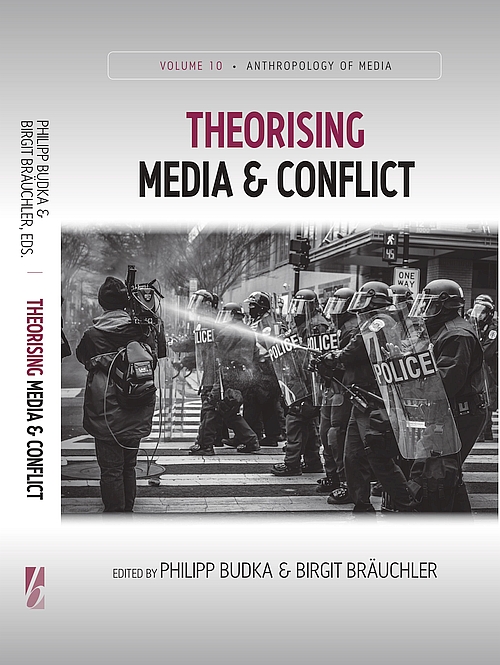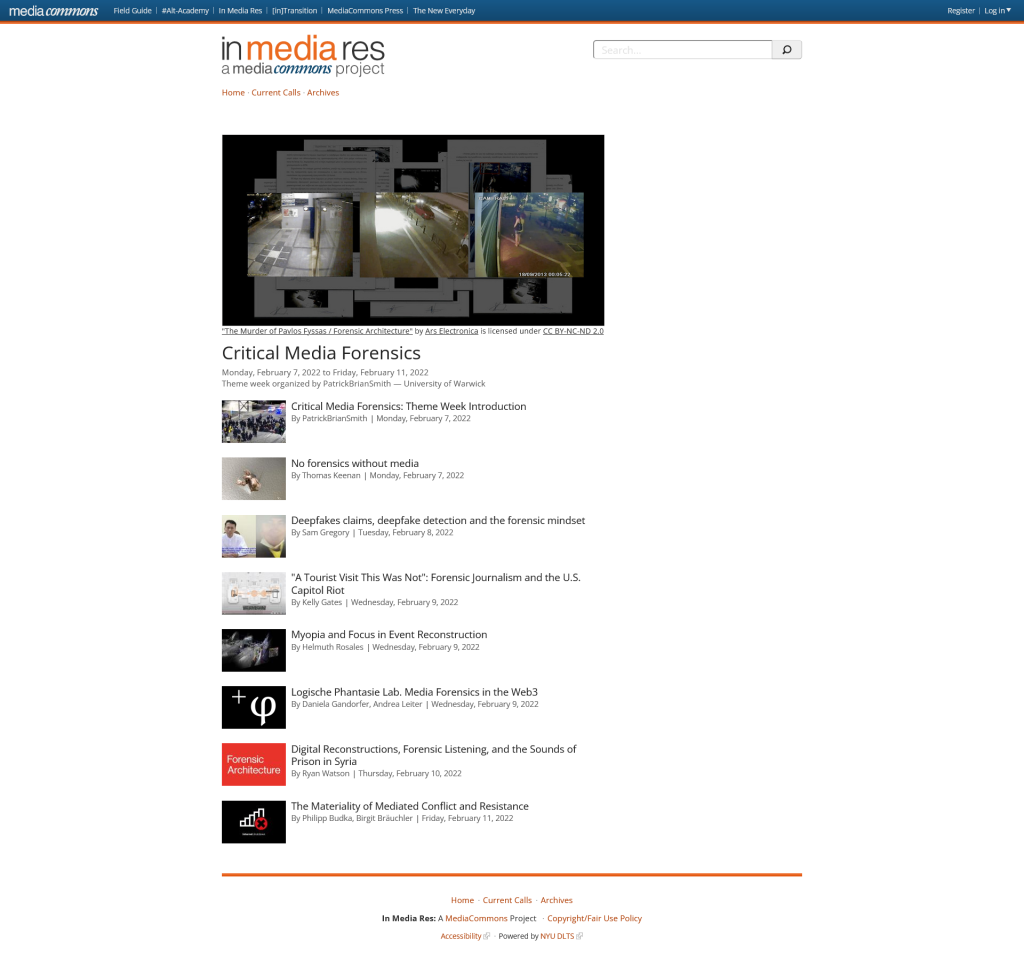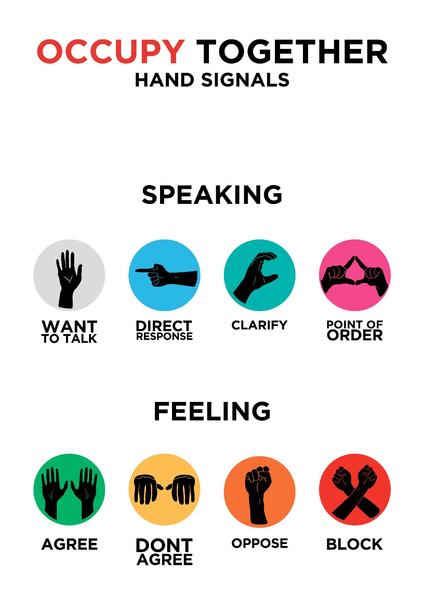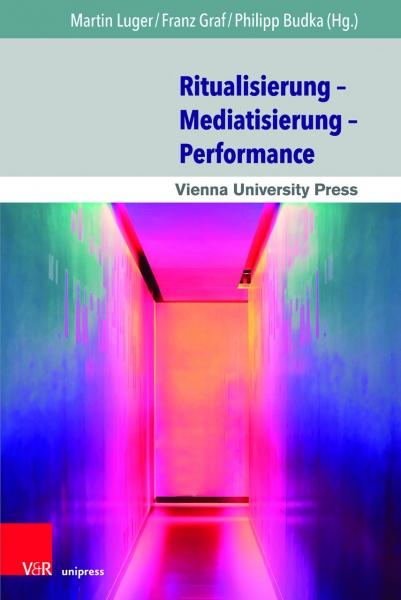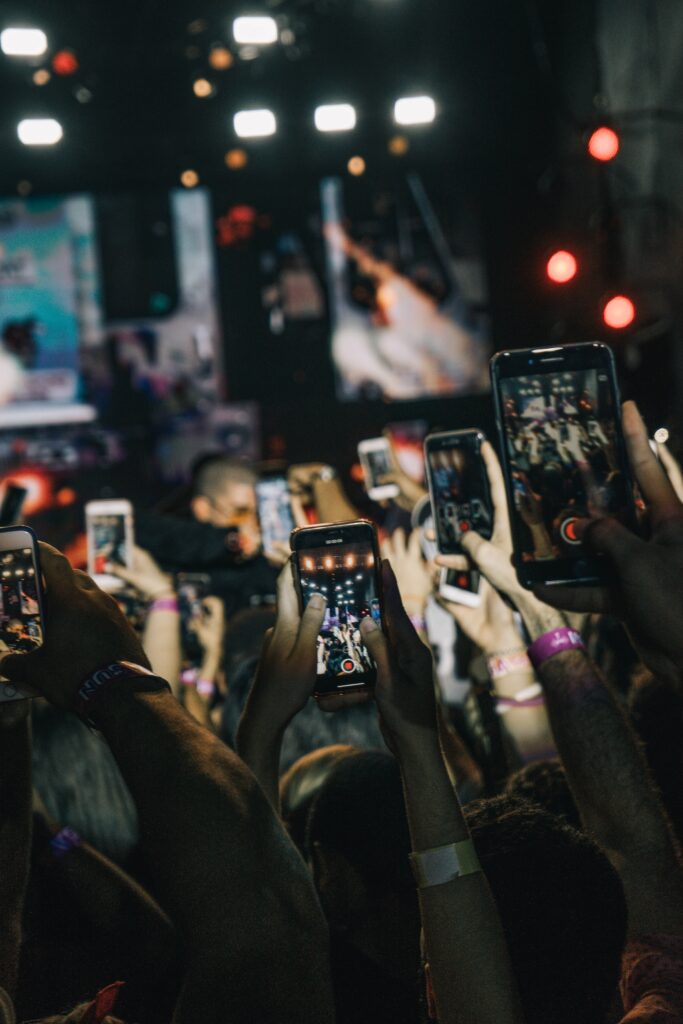
The seminar “Digital Visuality and Popular Culture” for the MA program CREOLE at the University of Vienna provides an overview about digital visuality as a key phenomenon of contemporary visual culture and its connection to popular culture. By working on ethnographic research projects, students explore the diversity of digital practices, their visual dimension and their meaning for popular cultural processes and phenomena.
With the advent of digital media and technologies, internet-based devices and services, mobile computing as well as software applications and social media platforms new opportunities and challenges have come to the forefront in the anthropological research of visual culture. Digital media technologies have become ubiquitous means of visual communication, interaction and representation. For anthropology it is of particular interest how people engage with digital media technologies and content, how “the digital” is embedded in everyday life and how it relates to different sociocultural phenomena.
One of these phenomena is popular culture: processes and practices related to the production, circulation and consumption of, for example, music, film, fashion and advertisements as well as the construction and mediation of celebrities. Moreover, popular culture is closely connected to other cultural phenomena such as fan culture, public culture and participatory culture. Fans, for instance, engage in various forms of visual productivity and play a crucial role in the creation and circulation of cultural artifacts related to their fandom such as memes.
By working on different case studies, students get a comparative overview about digital visuality and visual aspects of popular culture. Students conduct ethnographic projects and engage with key questions. What theoretical concepts and analytical categories of sociality can be used to study visual and popular culture? How does digital visuality constitute and mediate cultural performances and rituals? How do social media platforms enable and change visual culture and communication?
